How To Choose a Pest Control Company
It's important to choose the best pest control companyfor you. The qualifications of and treatment methods used by a company are important to consider, as well as its years of experience and what other customers have said. Of course, you also want to think about cost.
Below, we discuss each of these factors in more detail.
Does the company have a valid license and permits to perform pest control?
The United States Environmental Protection Agency (EPA) has established minimum standards of competency for pesticide applicators, but licensing is taken care of at the state level. All pesticide applicators and their supervisors in California must be licensed through the proper state regulatory agencies.
Is the company a member of any professional organizations?
An optional certification that could be worth looking for is the GreenPro Service Certification. In order to receive this certification, a pest control company needs to both demonstrate that its practices are more environmentally friendly and maintain certain technician training standards. Companies can earn other certifications from trade organizations like QualityPro to further back up their work.
There are certain professional organizations that a pest control company can belong to. When a company joins an organization like the National Pest Management Association(NPMA) (or a state-level organization), it receives access to resources, education, and a network of other pest control experts with whom to compare treatment methods. This can offer additional peace of mind that a company follows industry best practices.
Professional Experience and Specialties
Generally, a company will list information like its years of experience and specialities on its website. Local reviews can also tell you whether a company has experience dealing with a specific pest. If you're unable to find the information you need online, you can call the company directly to get your questions answered.
Reviews and Recommendations
You can check a company's reputation using the Better Business Bureau (BBB) and local review sites or social media. You can also check with California's licensing board to see the status of a company's license.
Cost of Services and Guarantees
Things like your location, the size of your house, the type of pest being treated, and other factors can all affect the cost of pest control.
You can learn whether a company offers free on-site estimates (to determine if it fits in your budget), as well as what kind of guarantees it provides. Often, a company will guarantee that if it does not resolve your pest problem, it will keep coming back until it does.
Safety and Treatment Methods
Your choice of pest control provider might be affected by how environmentally friendly a provider's pest control servicesare, in addition to how safe its methods are around your family and pets.
Safety
You should ask your pest control provider if they plan to use low toxicity or non-toxic pesticides, and if not, what precautionary measures they are going to use. All pesticides that are not considered minimum-risk chemicals need to be registered with the EPA. Your pest technician will be able to supply information about all chemicals they are going to use.
Treatment Methods
Many companies have started offering options for more eco-friendly pest control solutions before moving to harsh pesticides.
One popular way of making pest control safer and greener is Integrated Pest Management (IPM). The steps of IPM are as follows:
- Identify the source of the pest problem and determine whether immediate action is needed.
- Determine the best and safest course of action.
- Manage the pest problem using a combination of biological, cultural, physical, and mechanical controls.
- Use chemical controls only when required, and always along with other techniques for effective long-term pest management.
- Evaluate outcomes and provide additional pest control as needed.
















